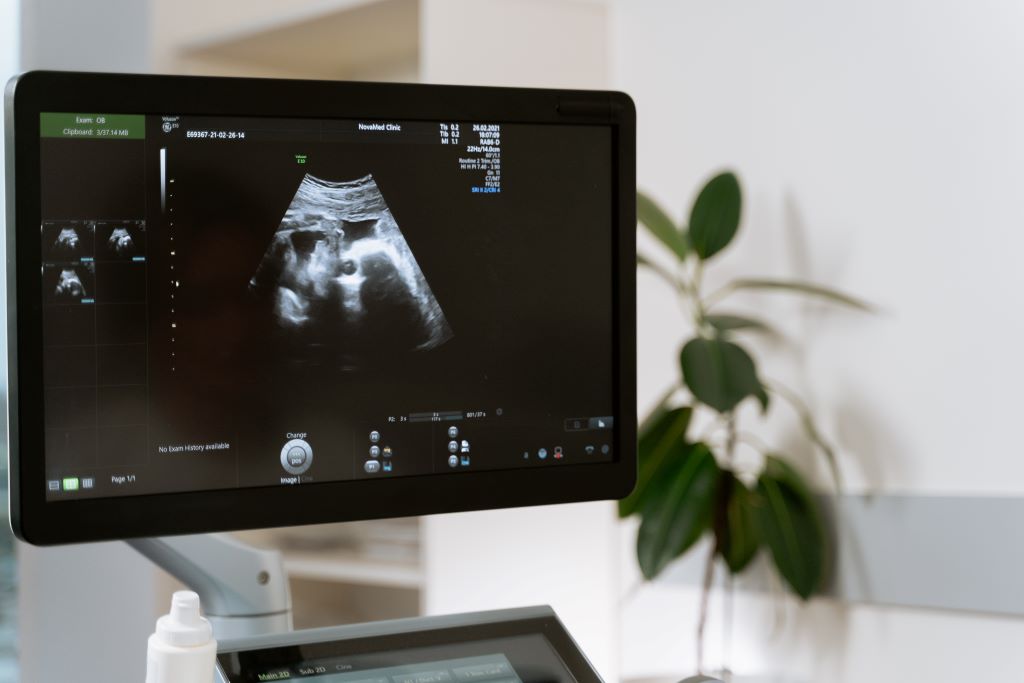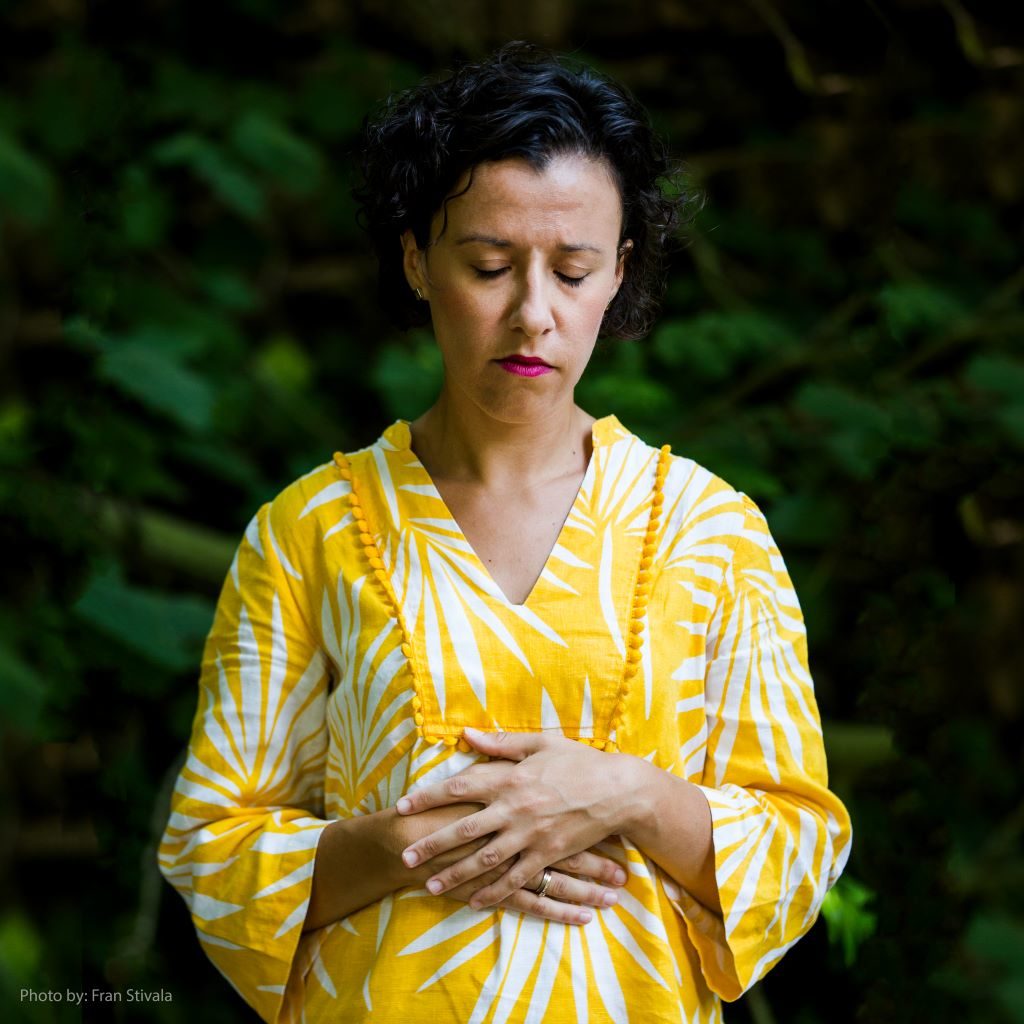
Mark Cordina is a Specialist in the Obstetrics and Gynaecology Department at Mater Dei Hospital. He is strongly involved in the Obstetrics and Gynaecology Ultrasound Department at Mater Dei, supervising and training both doctors and radiographers. He has worked at King’s College Hospital London specifically in the Early Pregnancy and Gynaecology Assessment Unit and then in the Harris Birthright Feto-Maternal Medicine Research centre where he received sub-speciality training in ultrasound and feto-maternal medicine. He is certified by the Fetal Medicine Foundation (UK) to perform First Trimester Screening (Nuchal Scans) and Anomaly Scans amongst other things. He also has a Masters Degree in Maternal-Fetal Medicine with the University of Barcelona and BC Natal, and a Diploma in Ultrasound.
Mr Cordina has kindly accepted to answer some questions commonly asked by pregnant women with regards to ultrasound and other pregnancy scans and tests available in Malta.
Wham: Thank you for accepting to help our readers. Many pregnant women, although excited, of course also worry about the health and development of their baby and know that they should attend for regular and routine screenings and tests along the nine months. Can you kindly guide our readers through the currently recommended number of pregnancy scans and other tests an expectant mother should and may choose to take and where she can find these services?
Pregnancy is an exciting and at the same time difficult period. Although most pregnancies are completely uncomplicated, with no medical issues, it is not uncommon to have problems related to the pregnancy, either fetal or maternal.
Because of this, a sequence of visits and tests need to be undertaken. In the non problematic group these might appear to be superfluous but in those that do develop problems, these investigations are the only way that a bad outcome can be avoided in most cases.
I will divide the answer in 2: Ultrasound based and not.
Pregnancy is divided into three trimesters. The first (up to 13 weeks) is an important time when the baby is developing and the mother’s body is changing to adapt to the pregnancy. The first scan is important to assess the presence or absence of a heartbeat, the number of pregnancies and the location of pregnancies. We have all heard a lot about ectopic pregnancies, and these can be diagnosed or suspected from 6 weeks onwards.
The most important first trimester scan is the one done between 11 weeks 4 days and 14 weeks 3 days. This is the dating scan which allows the accurate calculation of the estimated due date. Calculating the due date using only the first day of the last menstrual period is sometimes inaccurate and we could be dealing with an older or younger pregnancy without knowing. In the private sector, during the same visit, screening for trisomies (chromosomal problems, such as Down Syndrome), structural anomalies and the risk of high blood pressure and growth issues later in the pregnancy can be undertaken. Blood tests evaluating levels of specific maternal hormones can be added to make the test even more accurate and nowadays Non-Invasive Pre-natal Testing (NIPT) is also becoming commonplace. This uses a sample of maternal blood to test fragments of fetal DNA and screen for the commonest trisomies.
It is important to understand the difference between screening and diagnosis. Screening means identifying the high risk of having a condition from the general population, whereas diagnosis is determining whether a condition is present or not. Screening for condition X means that out of the general population a subgroup of patients with a high risk of having X is identified. Out of that high-risk group, diagnostic tests can be performed to identify those who have X and those who do not. This also means that if someone screens negative (i.e., low chance of having X) it does not exclude the possibility of X being present, whereas in the high-risk group, not all will have X.
In the second trimester, it is strongly recommended that an Anomaly (or Morphology) Scan is performed between 19 and 24 weeks. Here the baby is looked at in detail to try and detect structural abnormalities. Again, not all abnormalities can be identified, and structural appearance does not directly predict function. For example, a normal looking kidney does not mean that the kidney will work normally. At this time the location of the placenta can also be identified. A common question I get is whether this test checks for autism. The answer is simple: No, it does not.
In the third trimester it is strongly recommended to get a growth scan at around 32-36 weeks. This confirms whether the baby is growing at a normal rate or not. A baby that is too big or too small can lead to problems of a different nature, so identifying them is important. Further pregnancy scans would then be required.
These scans are the minimum I would recommend. Extra scans to assess for growth throughout the pregnancy are not contraindicated as long as they are actually done to assess for growth. The International Society of Ultrasound in Obstetrics and Gynaecology (ISUOG) have investigated the risk of harm caused by ultrasound and found no evidence of this. I would recommend restricting scan time to the time needed to get all necessary information, and no longer. A trained individual can have an accurate growth scan in 2-3 minutes. It is not worth spending 10-15 min to get a nice picture. Scans are medical tools that should not be abused.
Another question I’m often asked is whether the cord is round the neck. The answer is that it does not matter. Ultimately a cord round the neck today might not be there tomorrow and vice-versa. The baby is constantly moving around, so no extra action should be taken if one sees the cord around the neck. Should there be a perception of decreased fetal movements, this is a different issue, which should be investigated further.
There are also a number of non-ultrasound based tests. In the first half of pregnancy blood tests to assess for maternal well being and blood group are done, some of which can be repeated at a later date.
I also recommend a vaginal swab to test for Group B Streptococcus between 35 and 37 weeks. This bacterium is found in 1 out of 3 adults, and although it doesn’t harm adults it can have devastating effects on the newborn if present during vaginal delivery. When it is detected, we can give antibiotics in labour.
How important is it that mothers attend these regular and routine pregnancy scans and tests and why are these checks carried out?
Around 20% of known pregnancies miscarry in the first 12 weeks, and around 1% in the next 12 weeks. The rate of intrauterine death is around 0.6%. The risk of ectopic pregnancy is around 1 to 2%. The risk of high blood pressure disease in pregnancy is around 7%. The risk of intrauterine growth restriction is around 3%. The risk for congenital heart disease is 0.8%, whereas the risk of Down syndrome is around 0.1 to 0.2% (rate varies according to age).
These numbers are not there to shock you but to show that obstetrics is a medical speciality with its risks. A visit is not a social event and problems can happen. It is true that most pregnancies will be uneventful, but the problem is that one does not know which pregnancies will turn out to be problematic unless adequate monitoring throughout the pregnancy is done.
Can any doctor preform these routine pregnancy scans and tests, or should they be performed by specially trained professionals in the field of fetal medicine?
This depends on the scan in question. The first scan to locate pregnancy and heartbeat, the dating scan and growth scans can be done by most healthcare professionals proficient with the use of ultrasound. The detailed scans, like the first trimester screening (nuchal scan) and the anomaly scan, as well as any more detailed scans once problems with growth or the placenta have been identified, need specific training.
How will parents know whether the person performing the pregnancy scans is properly trained and how can parents reassure themselves that the person is qualified – is there a register of professionals where parents can check?
Unfortunately, although a register of doctors on the Specialist Register of Obstetrics and Gynaecology does exist, there is no register of practitioners trained to do these specialised scans. The Fetal Medicine Foundation Website lists those certified locally for some scans, but this list is not exhaustive. With the help of the University of Malta and the Department of Obstetrics and Gynaecology at Mater Dei Hospital, we have trained a group of doctors and radiographers to perform some of these scans.
These special machines cost a lot of money how well equipped is Malta both in terms of number of professionals with suitable expertise and specialised equipment to detect minor and severe anomalies and complications during pregnancy?
I do not think that machines are an issue. We have a lot of good quality machines on the island, including top of the range machines. The importance though is not the machine but the user. I am sure that Lewis Hamilton would drive better in my Qashqai than I would in his Formula 1 car. Training, time spent scanning and experience are the vital components for a good quality ultrasound. Yet again I re-iterate that you can have the best sonographer using the best machine and not all problems may be identified. For example if one had to look at detection of congenital heart disease in specialised Fetal Medicine units abroad, this ranges from 30 to 80% meaning that even in the best unit, 1 out of 5 congenital heart defects are not picked up.
What happens if during a routine check a baby seems to not be progressing as expected – what sort of guidance and other tests are available to mothers both privately and at Mater Dei in such cases?
Once a problem is identified the patient will have extra visits scheduled. The type of visits will depend on the nature of the problem.
With fetal anomalies we hold monthly Multi-Disciplinary Team meetings where obstetricians, paediatricians, neonatologists, paediatric surgeons and other specialities discuss cases. If it is a maternal problem, the commonest being hypertensive disease and diabetes, a series of maternal tests and ultrasounds are performed. We must remember that we are dealing with two patients! Occasionally admission to hospital is required, medical/surgical specialities might be also involved, and delivery expedited after discussion with neonatologists.
Patients in Malta are lucky in this regard. Even though a patient might be having her antenatal care privately, once a problem is picked up, there is a seamless transition to Mater Dei Hospital care should the need arise. Most times their private doctor will also be directly involved in their care at Mater Dei.
If an anomaly or particular condition is picked up on a scan and it is known that a baby will be born with a particular anomaly or condition, are parents put in touch or are meetings held with paediatric teams that children might fall under once born? And at what stage, if any, are parents linked with and referred to these teams?
As mentioned above we have an MDT meeting monthly. The patients are then referred to the particular speciality. For example, if a cardiac problem is identified, all I need to do is email the paediatric cardiac team who readily contact the patient to discuss the prognosis and to plan immediate antenatal or postnatal management. Same goes for surgical issues, where the paediatric surgeons meet patients to discuss postnatal plans. Our neonatologists then have the difficult task of dealing with all the babies, since all babies, whatever their condition, have to be admitted to the Neonatal Intensive Care Unit. Although we are far from perfect, I believe that in the last few years the service has improved immensely, and that the majority of parents that need support get this before their baby is even born. Unfortunately, some conditions will not be identified antenatally.
At what point should expectant parents, upon discovering an anomaly by their regular obstetrician in private practice be referred on to more specialised clinicians?
Once any problem is identified, the patient should be referred immediately unless it is something their doctor can deal with. It is uncommon for the patient’s own doctor to identify fetal abnormalities (it does happen but most are identifed during the screening ultrasounds). Growth issues are, on the other hand, typically flagged up by the patient’s own obstetrician.
We also know that sadly in rare cases some babies may develop extreme fetal anomalies that may also be incompatible with life, meaning that the baby may not survive to term or that the baby may be born with severe multiple complications and die soon after birth. How common are these cases and what options do mothers in Malta have when faced with this very sad situation? What support, if any, (such as psychological support, genetic counselling) is offered to parents when they are told of possible anomalies?
They are not uncommon. I don’t want to scare people, most will be fine, but yes, these cases do exist. The mother is our priority and our job is to help with the inevitable psychological trauma. We have a brilliant team at the Perinatal Mental Health Team, we have a Bereavement Midwife, we keep the parents in the loop and explain all that is happening. We do have parents that are angry, and this is only natural. From personal experience, when the parents are aware of what is happening, when they are counselled adequately and given a lot of TLC, despite the death (or impending death) of their child, the result can be a positive one. Some conditions cannot be helped, but what we can do is ensure the mother is safe throughout, and that the couple are given all the support required to get through this terrible episode in their lives.
A support group for women who had or are having babies diagnosed with fatal fetal anomalies that are incompatible with life is being set up by women who have been through this very sad experience. Should you be interested to join their group please send an email to [email protected]
If you have any further questions in relation to pregnancy scans and tests available in Malta, please send us an email at [email protected]
Do you have a personal story you’d like to share with us at wham? Send us an email at [email protected]

Francesca Fenech Conti is passionate about social issues and has a BA in Social Policy. She is the Founder and creator of the women only facebook group Women for Women (Malta) and the Women for Women Foundation that works hand in hand with other NGOs and businesses to empower and support women, especially single mothers.
Francesca recently also launched Wham.com.mt to provide a much needed space on the local media scene to promote women’s voices and to provide women with a source of information regarding their general wellbeing.
Click here to check out Francesca’s full bio as well as a list of all her Wham published articles





